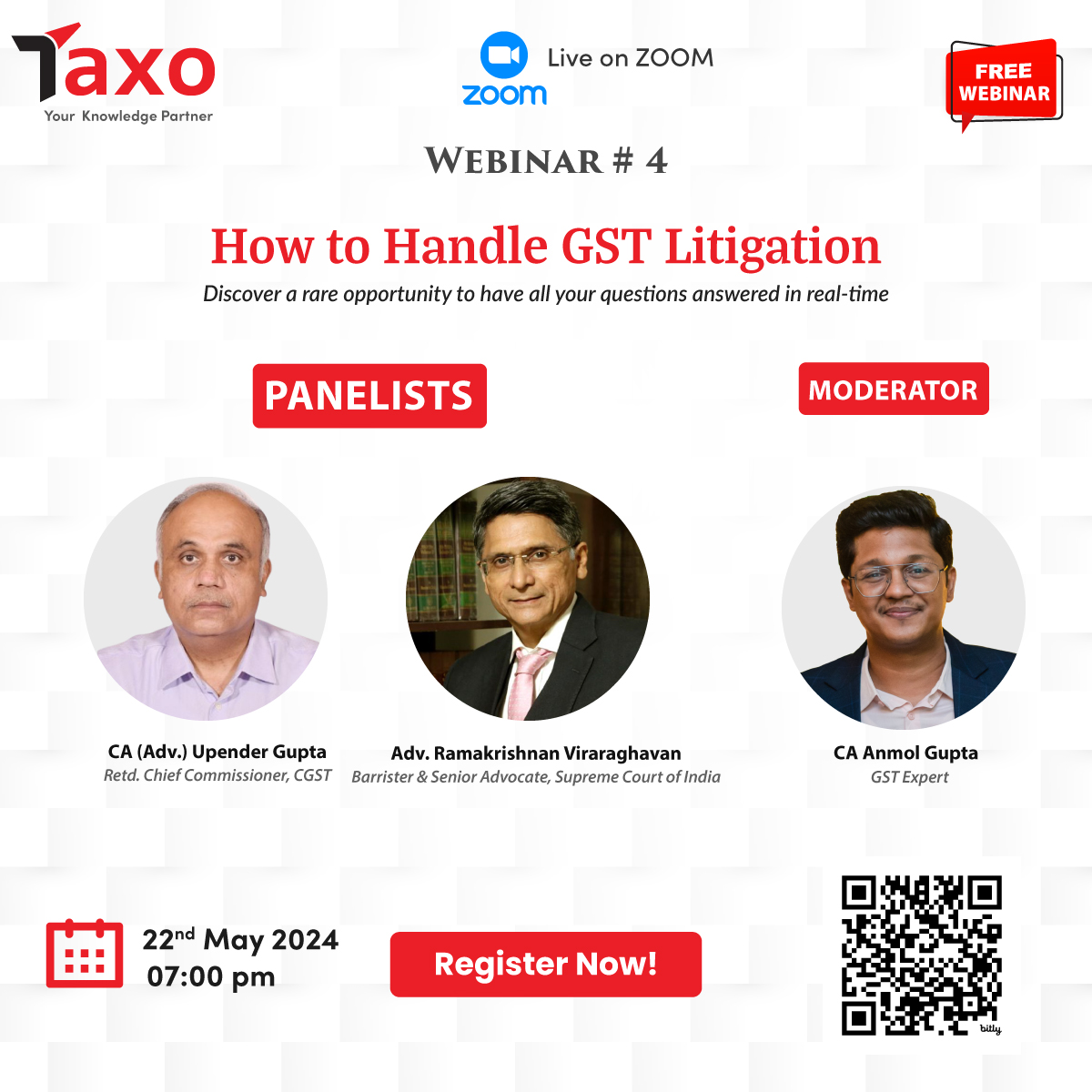In the case of Vasu Clothing Pvt. Ltd. v. Union of India, (2018) 100 taxmann.com 451 (Madhya Pradesh), the Madhya Pradesh High Court has held that the supply of goods to Duty Free Shops (DFSs) located in India at the international airports does not mean exporting the goods or taking goods out of India. Further, as no exemption is available under the GST regime as is available in the erstwhile tax regime, for supplying the goods to the DFSs, hence the petitioner cannot escape from payment of tax under GST regime.
In this case, the petitioner was manufacturing and exporting the garments in India. He also supplies the goods to Duty Free shops (DFSs) situated in the duty free area situated in the duty free area at international airports. The issue involved in the present case is, whether the benefit available to the petitioner under the erstwhile tax regime of removing the goods from his factory to DFSs located in the international airports without payment of duty is available to him under the GST regime. The petitioner contended to treat the goods supplied to DFSs as an export of goods without payment of CGST and IGST on the ground that DFSs are located beyond the Customs Frontier of India and any transaction with DFSs is said to have taken place outside India.
The High Court has observed that as per Section 2(5) of the IGST Act, 2017, “export of goods takes place only when goods are taken out to a place outside India”. Further, under the CGST Act, 2017 ‘India' means the territory of India including its territorial waters and the air-space above its territory and the territorial waters, therefore, the goods can be said to be exported only when they cross territorial waters of India and not when goods merely crosses customs frontier of India. Hence, a DFS situated at the international airport in India cannot be treated as territory outside India, and the petitioner cannot be construed for exporting the goods out of India and the point of sale is also at Indore as the petitioner is receiving price of goods at Indore. Further, a statute is an edict of the legislature and the Courts do not have the power to enact a statute and the Court can only do interpretation of statute and once the Court does not have power to legislate, the question of granting exemption in absence of any statutory provision to the petitioner under the GST Act does not arise.


